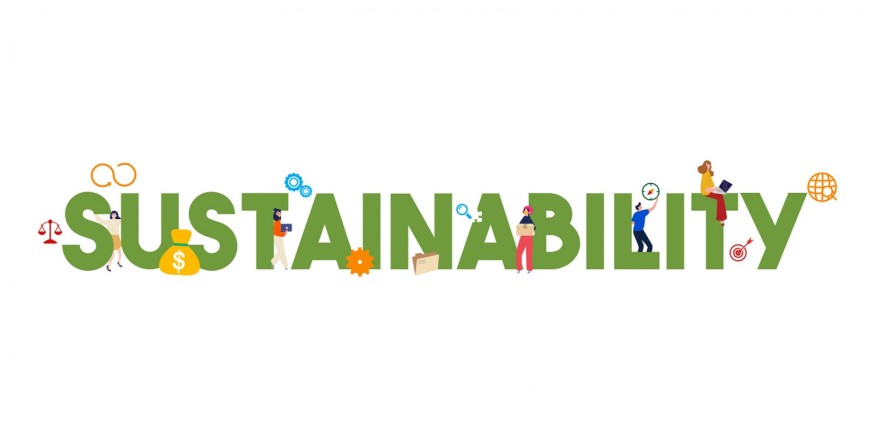
The past few decades have seen hoteliers turn their focus on sustainability. But the truth is that there have been lingering myths as to what it takes to run a truly sustainable hospitality outfit.
Top among these is that guests are not keen on sustainability and that sustainable establishments are much costlier to run. Both notions are untrue.
Running a sustainable and eco-friendly business is just as important in this field, as it is in any other. Here are a few reasons why.
Cost Savings
Cost is always a driving factor for hoteliers. Sustainable businesses were once thought of as expensive. Numerous studies on the subject have found it to be, in fact, untrue.
Granted, it might cost your business a little more as you set up green initiates. However, you will get a significantly healthy ROI on your investment in time.
Also, with improvements in technology, it's now possible to scale various sustainability plans in a manner that makes them more efficient and cost-effective regardless of the size of your establishment.
It Buys You Goodwill
Businesses used to gain enough goodwill, just by creating employment opportunities for locals.
Things have evolved.
Today, locals are in support of enterprises that look out for their environment as well. People want to know that you are conscious about conservation and that they will have something left behind long after your business.
Local life matters, as well. It's not uncommon for residents to be sidelined in favour of tourists. Sustainable tourism looks at finding a middle ground between enterprises and the welfare of the people.
This inclusion is important for growing and maintaining goodwill.
Preservation
Sustainability ensures you run your business without depleting your area of operation of its precious natural resources.
Most ecosystems worldwide are a certain way for a reason and are non-renewable.
Brand Image
Environmental-conscious tourists are increasingly paying attention to where they stay and how it affects the environment.
This, at times, means shunning establishments seen to be damaging land, hurting animals, or in any way interfering with existing ecosystems.
Because this directly affects your bottom line, it emphasizes the importance of having effective green initiatives in place.
Outside your own business, it's also important to join and support other local, regional, and global initiatives towards sustainability.
The social food project seeks to dialogue on issues surrounding sustainability and food. Such an initiative would complement hospitality ventures reasonably well.
Common Green Initiatives for Hotels
Here are ways for hotels to reduce their impact on the environment.
1. Energy Saving Technologies
Much of hotels' environmental impact is directly related to its energy consumption.
Installing energy-efficient technologies for heating, appliances, cooling, and lighting makes a huge difference to both an establishments' bottom line and the environment.
2. Recycling
Hotels create a lot of waste.
The ideas around recycling are inexhaustible, depending on what a hotel has. For example, in rural Australia, hotels can send out leftovers to pig farms or small scale produce farms.
Similarly, hotels are finding the use of other items such as stained tablecloths and retired bed sheets. These can be recycled and spurn into different items for use within hotels.
3. Plant a Garden
Planting greenery instead of a larger patio or a wider pool area is also a positive step towards sustainability.
These can be fruits, trees, grass, and herbs. You can have potted plants indoors as well if you are short on outdoor space.
Greenery helps reduce your hotel's carbon footprint.
There are diverse ways through which individual establishments can be sustainable. The goal is to identify these and develop effective strategies towards them.
One thing is for sure, green initiatives will remain a common theme in industry events, and your efforts towards sustainability will impact your bottom line.
This article is copyrighted by Travelers Today, the travel news leader



